Which Prenatal Vitamin Is Best?
Pregnancy is one of the most nutritionally demanding periods in a woman’s life. As your body nurtures the growth of a new life, its need for essential vitamins and minerals increases significantly. While a balanced diet lays the foundation, most healthcare professionals recommend prenatal vitamins as a critical part of pregnancy care.
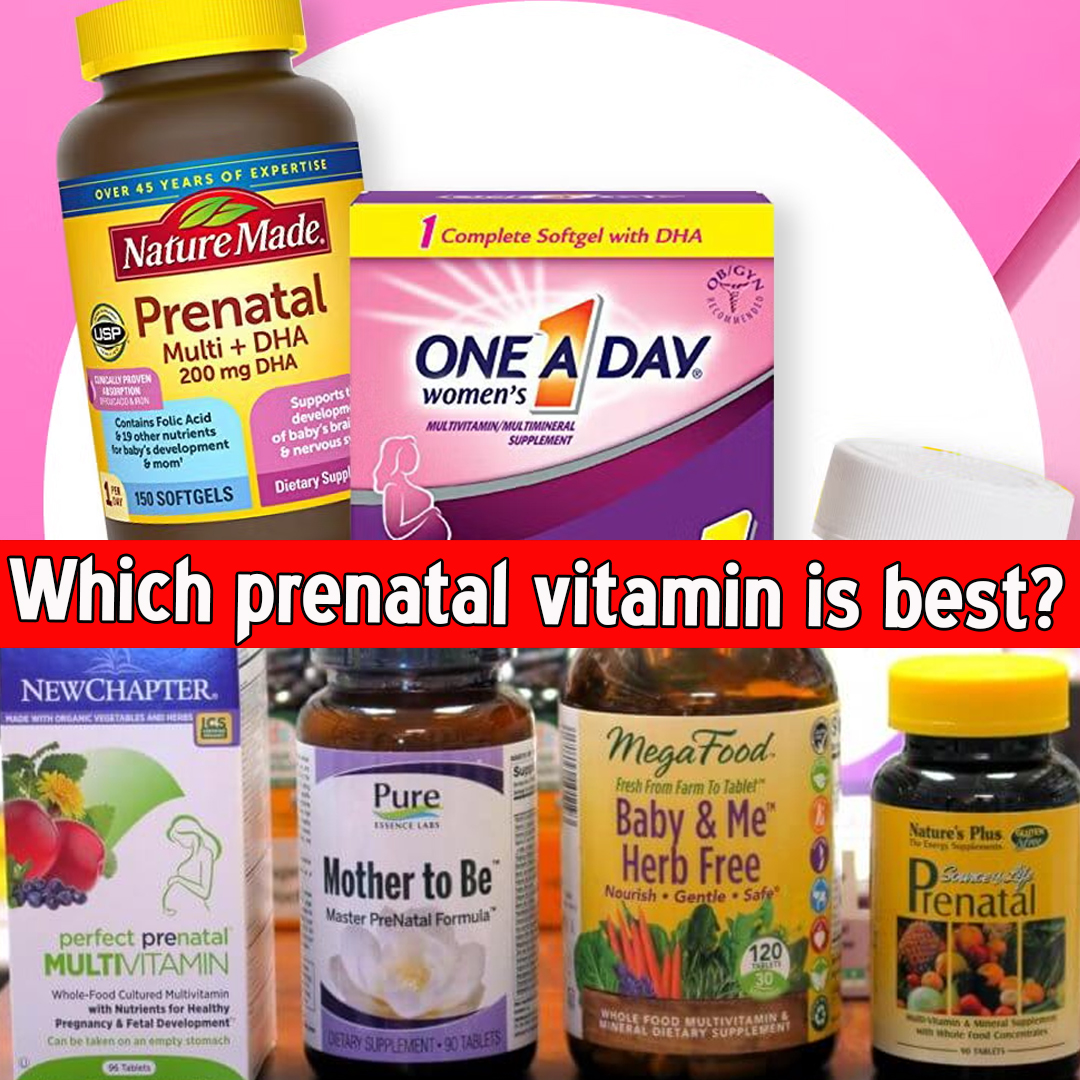
Which prenatal vitamin is best?
But with hundreds of options available on pharmacy shelves and online stores, many mothers-to-be ask:
“Which prenatal vitamin is best?”
The ideal prenatal vitamin is one that meets your individual health needs, includes all essential nutrients, is easy to digest, and is approved by your doctor. This guide will break down everything you need to know — from core nutrients and dosage to top brands, special considerations, and expert tips.
1. What Are Prenatal Vitamins?
Prenatal vitamins are specially formulated supplements designed to support the increased nutritional needs of women during preconception, pregnancy, and postpartum (especially during breastfeeding). Unlike regular multivitamins, prenatal vitamins contain higher amounts of certain key nutrients that promote fetal development and maternal health.
2. Why Are Prenatal Vitamins Important?
Even with a healthy diet, it’s hard to get all the nutrients you need every single day — especially during pregnancy. Prenatal vitamins help fill the nutritional gaps and ensure that the baby receives the necessary building blocks for growth.
Key benefits of prenatal vitamins:
- Prevent birth defects (especially neural tube defects)
- Support healthy brain, eye, and spinal development
- Improve bone and teeth formation
- Reduce the risk of anemia
- Support the placenta and maternal energy levels
- Promote postpartum recovery and milk production
3. When Should You Start Taking Prenatal Vitamins?
Ideally, start taking prenatal vitamins 3–6 months before conception. Neural tube defects like spina bifida occur very early in pregnancy (often before you even know you’re pregnant), so early supplementation with folic acid is crucial.
If you’re already pregnant, it’s never too late to begin — just talk to your doctor and choose a complete prenatal.
4. Essential Nutrients in a Good Prenatal Vitamin
Not all prenatal vitamins are created equal. Look for one that contains the following core nutrients in adequate amounts:
| Nutrient | Recommended Daily Amount | Why It’s Important |
|---|---|---|
| Folic Acid (or Methylfolate) | 400–800 mcg | Prevents neural tube defects |
| Iron | 27 mg | Prevents anemia; supports placenta and baby |
| Calcium | 1000 mg | Builds baby’s bones and teeth |
| Vitamin D | 600 IU (or more) | Aids calcium absorption and bone health |
| DHA/EPA (Omega-3s) | 200–300 mg | Supports baby’s brain and eye development |
| Iodine | 150 mcg | Regulates thyroid; vital for brain development |
| Vitamin B6 | 1.9 mg | May reduce nausea and vomiting |
| Vitamin B12 | 2.6 mcg | Prevents neural defects and supports nervous system |
| Zinc | 11 mg | Boosts immunity and fetal cell growth |
| Magnesium | 350–400 mg | Supports muscle function and relieves cramps |
Note: Some of these, like calcium and magnesium, may not be fully included in one capsule due to size limits, so your doctor might recommend an additional supplement.
5. Folic Acid vs. Methylfolate: What’s Better?
- Folic acid is the synthetic form of vitamin B9 used in many supplements.
- Methylfolate is the active form that your body can use directly — ideal if you have a MTHFR gene mutation, which impairs folic acid conversion.
If you’re unsure, many doctors now recommend methylfolate as it’s more bioavailable and effective for all women.
| Read more – Can I Exercise When Pregnant? |
6. Top Recommended Prenatal Vitamin Brands (Global & India)
🌍 Top Global Brands
- Nature Made Prenatal + DHA
- Affordable and widely available
- USP verified for purity
- Includes DHA and all major nutrients
- Garden of Life MyKind Organic Prenatal
- Certified organic, non-GMO, vegan
- Includes methylfolate and iron from plant sources
- Gentle on stomach
- SmartyPants Prenatal Gummies
- Tasty gummy form for those with nausea
- Contains methylfolate, omega-3s, and vitamin D
- No iron (may need to be added separately)
- New Chapter Perfect Prenatal
- Whole-food based, fermented vitamins
- Includes probiotics and digestive enzymes
- Can be taken on an empty stomach
- Ritual Essential Prenatal
- Clean ingredients and traceable sourcing
- Includes methylfolate, choline, and vegan DHA
- Subscription-based
🇮🇳 Top Prenatal Brands in India
- Obimet Plus / Obimax
- Prescribed by many OB-GYNs
- Includes iron, folic acid, and calcium
- Trusted for its bioavailability
- Gynovit
- Contains folic acid, DHA, and multivitamins
- Budget-friendly and commonly prescribed
- Nutrabay Prenatal Multivitamin
- Ideal for Indian vegetarians
- Includes 20+ nutrients
- Himalaya For Moms Prenatal Care
- Ayurvedic support with micronutrients
- Gentle on digestion
- Wellbeing Nutrition Slow Prenatal
- Time-release capsule with plant-based nutrients
- Includes iron, methylfolate, DHA, and probiotics
7. How to Choose the Right Prenatal Vitamin for You
Ask yourself:
- Do I need a vegetarian/vegan formula?
- Do I suffer from morning sickness or nausea?
- Can I swallow large pills?
- Am I lactose intolerant or allergic to any fillers?
- Am I already anemic or low on iron/vitamin D?
- Has my doctor recommended any specific nutrient (like methylfolate)?
Pro tip: Prenatal gummies are easier to take but often lack iron, so you may need to take it separately.
8. Can I Take Too Many Vitamins?
Yes. More is not always better. Megadoses of vitamins like A, D, and E can be toxic and harm the baby.
Stick to one trusted prenatal supplement and never combine with other multivitamins unless instructed by your healthcare provider.
9. Common Side Effects of Prenatal Vitamins
Prenatal vitamins are safe, but some women may experience:
- Nausea (especially with iron)
- Constipation
- Metallic taste
- Mild stomach upset
Tips to Reduce Side Effects:
- Take with food or right before bed
- Choose low-iron options (if advised)
- Increase fiber and water intake to manage constipation
- Try chewable or gummy forms if you struggle with pills
10. Special Nutritional Needs During Pregnancy
Vegetarians/Vegans:
- Choose a prenatal with plant-based iron and DHA from algae
- Ensure B12, zinc, and protein are adequate
Twins/Multiples:
- You may need higher doses of iron, folate, calcium, and more calories
- Follow custom plans from your OB-GYN
Nausea-Prone Women:
- B6 can reduce morning sickness
- Try smaller doses throughout the day
High-Risk Pregnancies:
- Might need prescription-strength supplements (e.g., Elevit, Folvite)
11. Natural Sources of Prenatal Nutrients
While supplements are crucial, don’t neglect dietary sources:
| Nutrient | Food Sources |
|---|---|
| Folic Acid | Leafy greens, lentils, citrus |
| Iron | Spinach, red meat, beans |
| Calcium | Dairy, tofu, almonds |
| DHA | Salmon, walnuts, flaxseed oil |
| Iodine | Dairy, iodized salt, seaweed |
| Vitamin D | Sunlight, egg yolk, fortified milk |
| B12 | Eggs, meat, fortified cereals |
12. During Breastfeeding – Should You Continue Prenatals?
Yes. Postpartum and breastfeeding mothers still need extra nutrients for milk production and healing.
Look for:
- Extra calcium and vitamin D
- At least 500 mcg folic acid
- Continued iron and B12 support
Some brands now offer “postnatal vitamins” tailored to this phase.
13. Final Tips Before Choosing a Prenatal Vitamin
- Always buy from reputed pharmacies or official online sellers
- Check for third-party testing (USP, NSF, etc.)
- Confirm if it contains methylfolate if you have MTHFR concerns
- Store in a cool, dry place and keep out of children’s reach
- Take it consistently — daily, even before conception
14. Conclusion: The Best Prenatal Vitamin is the One That Works for YOU
So, which prenatal vitamin is best?
It’s the one that:
- Contains all essential nutrients
- Matches your dietary and medical needs
- Is approved by your doctor
- Causes minimal side effects
- Is easy for you to take every day
Whether you choose a mainstream brand like Nature Made or a natural one like Garden of Life, remember that the most important thing is consistency, quality, and guidance from your healthcare provider.
Healthy pregnancy starts with empowered, informed choices — and choosing the right prenatal vitamin is one of the first steps.

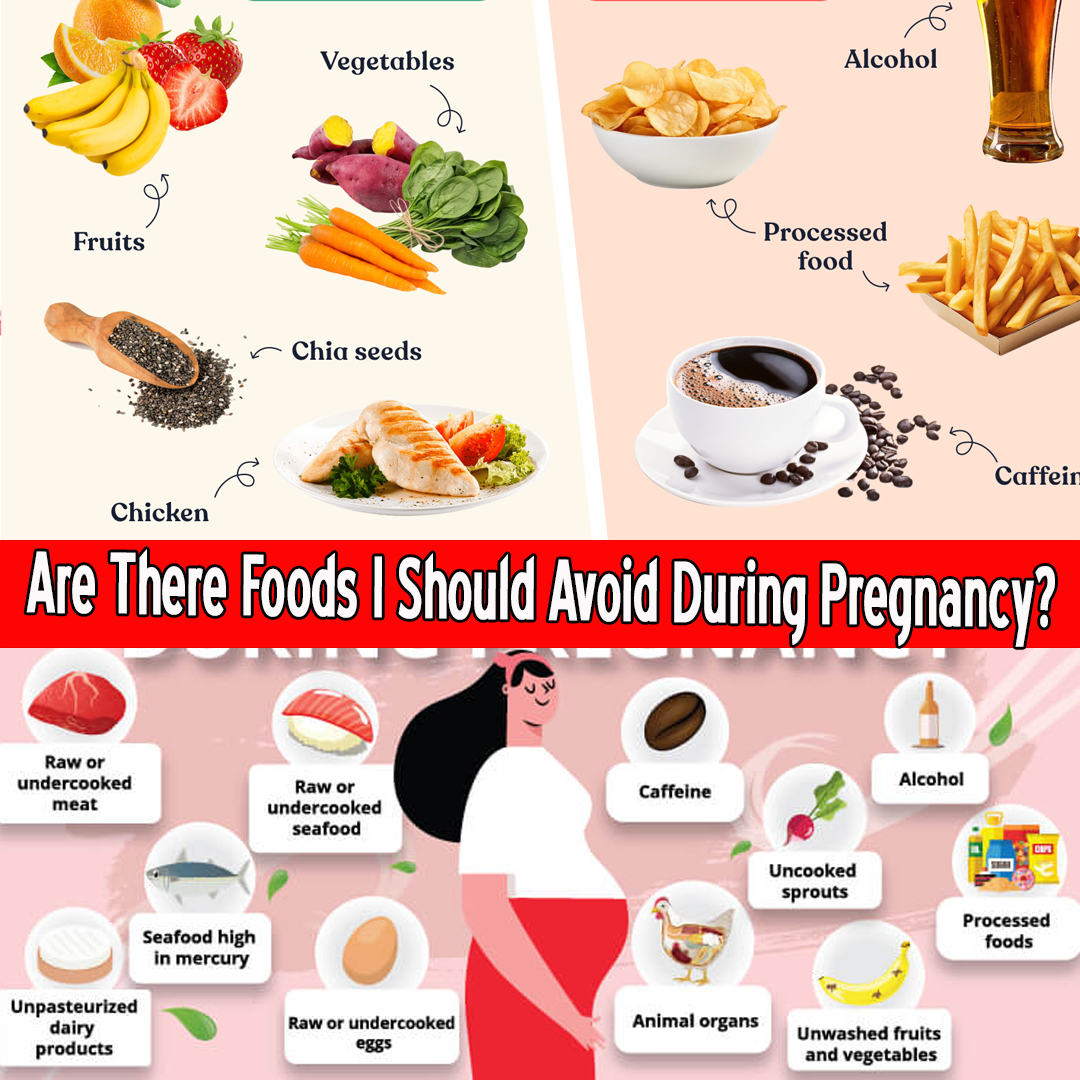
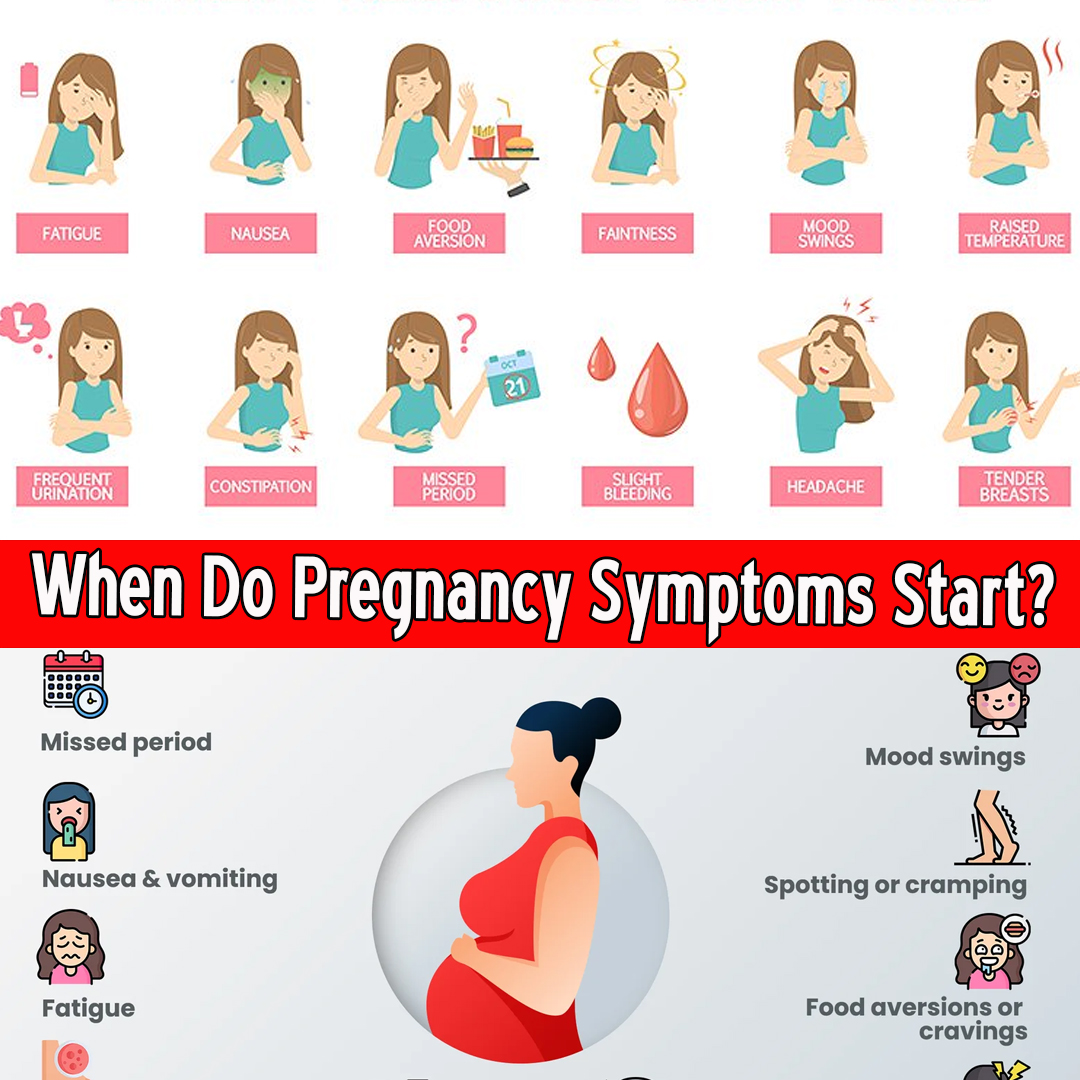
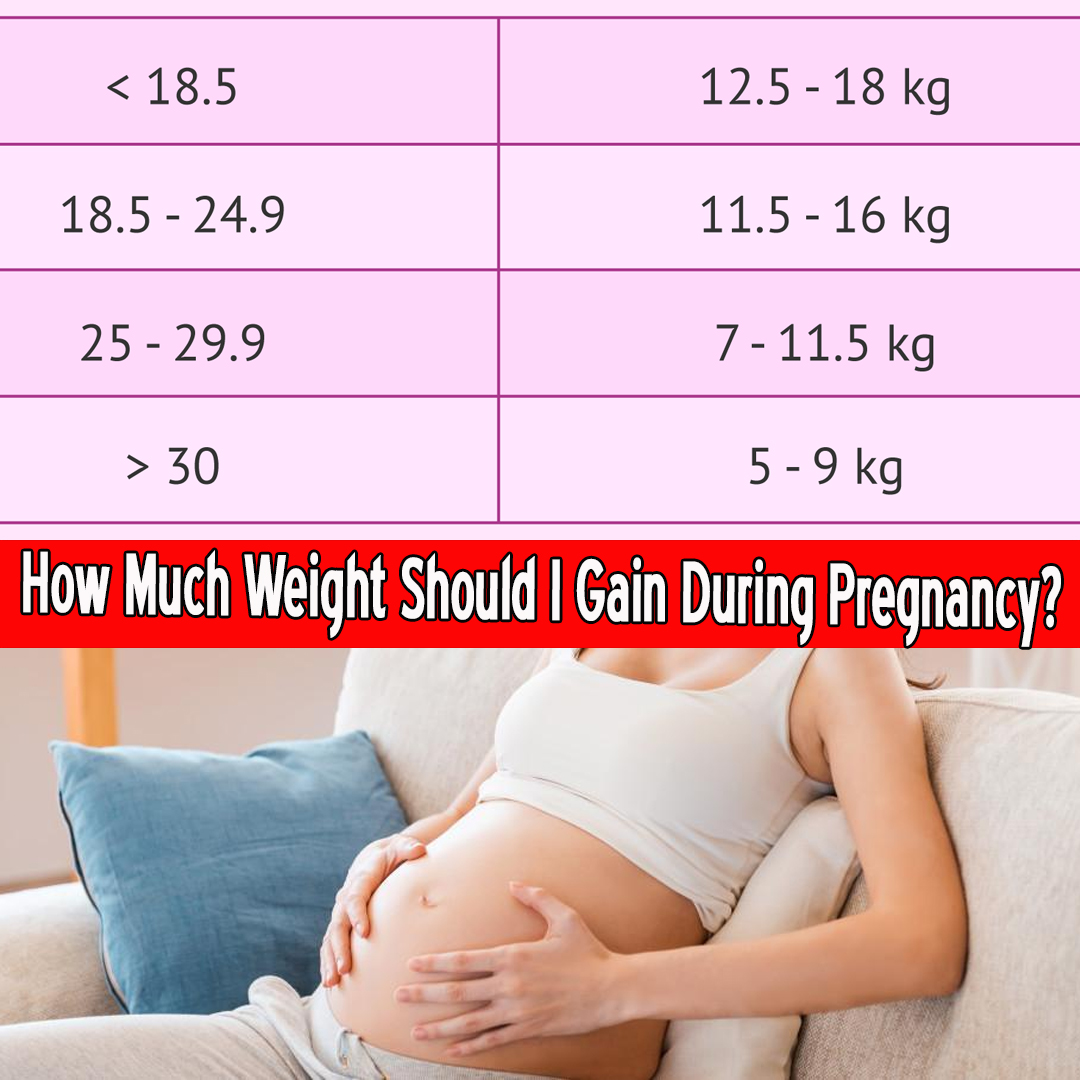



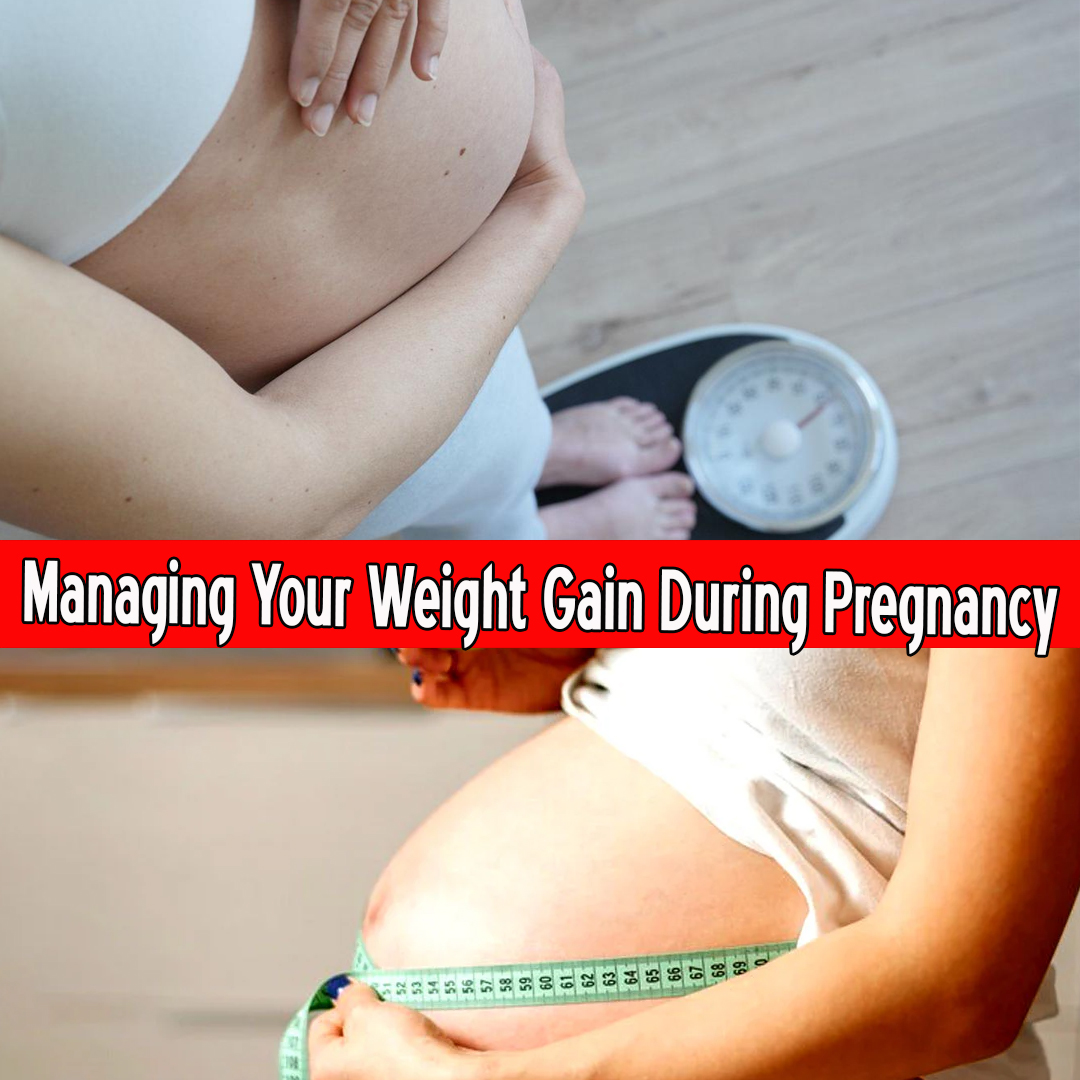


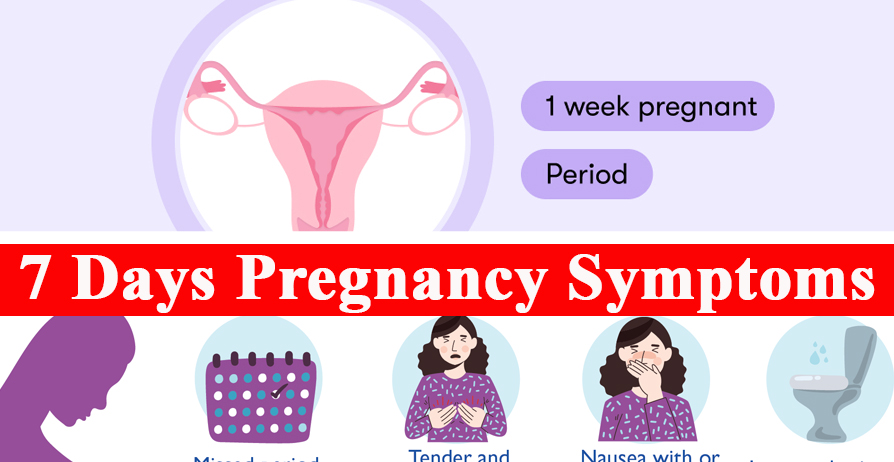

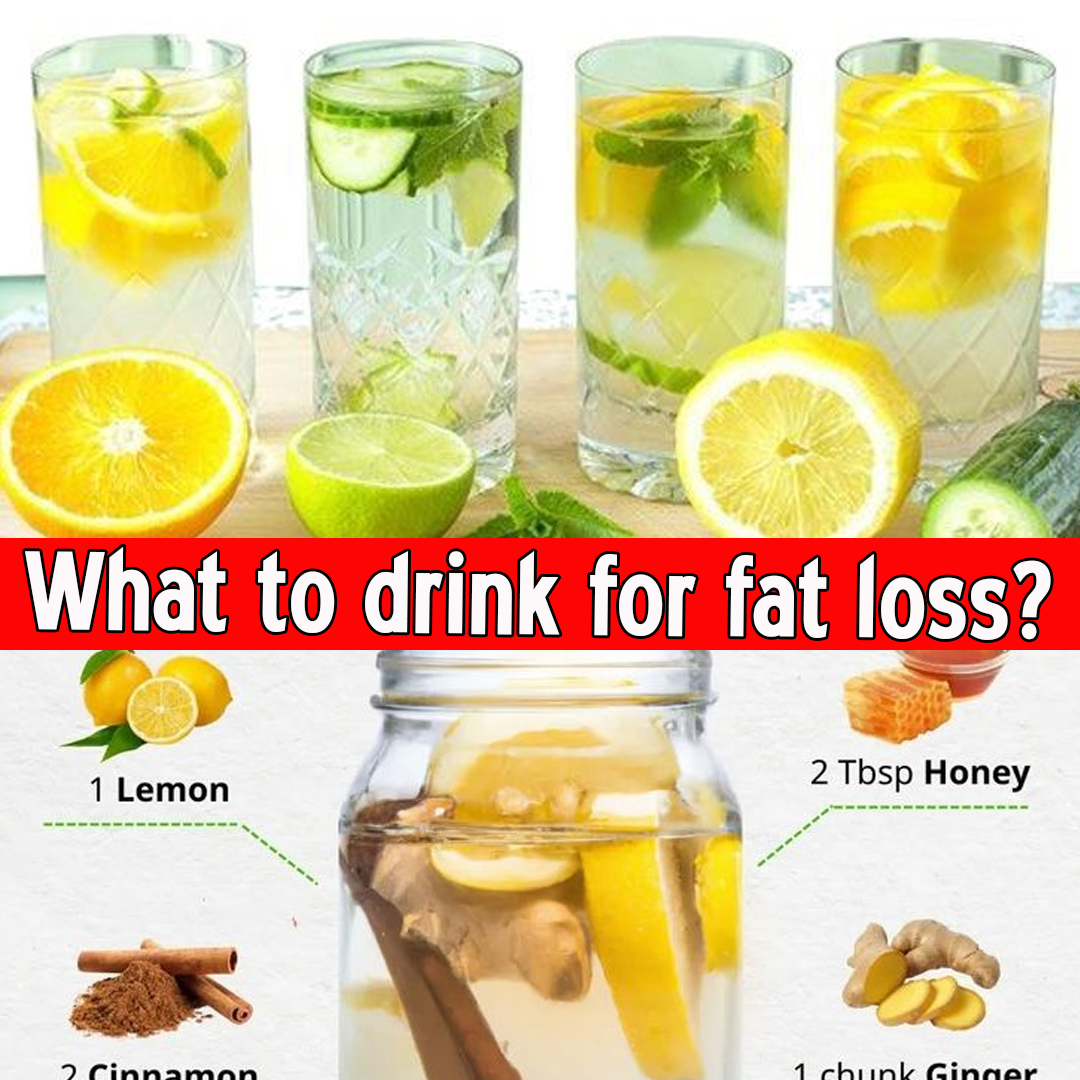
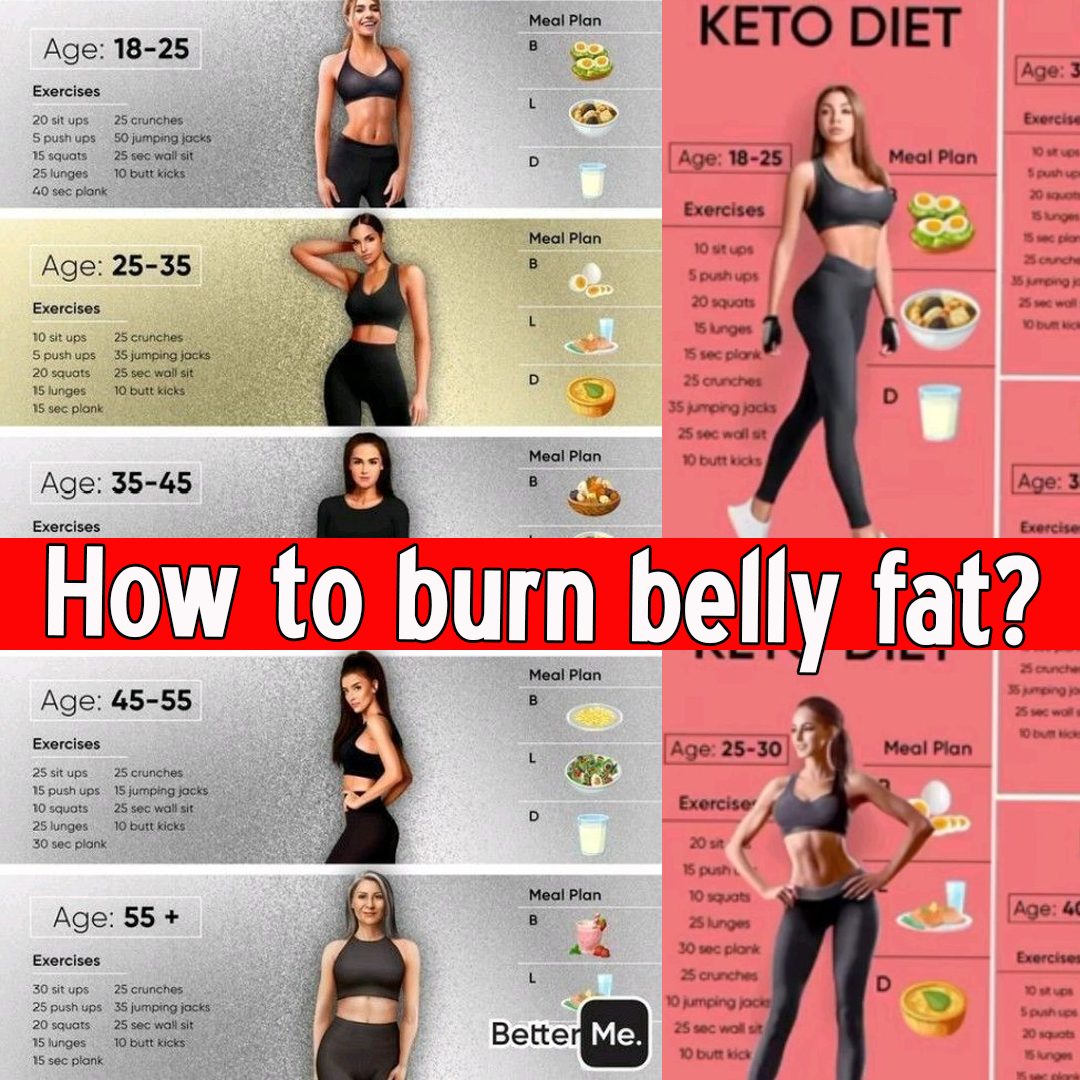
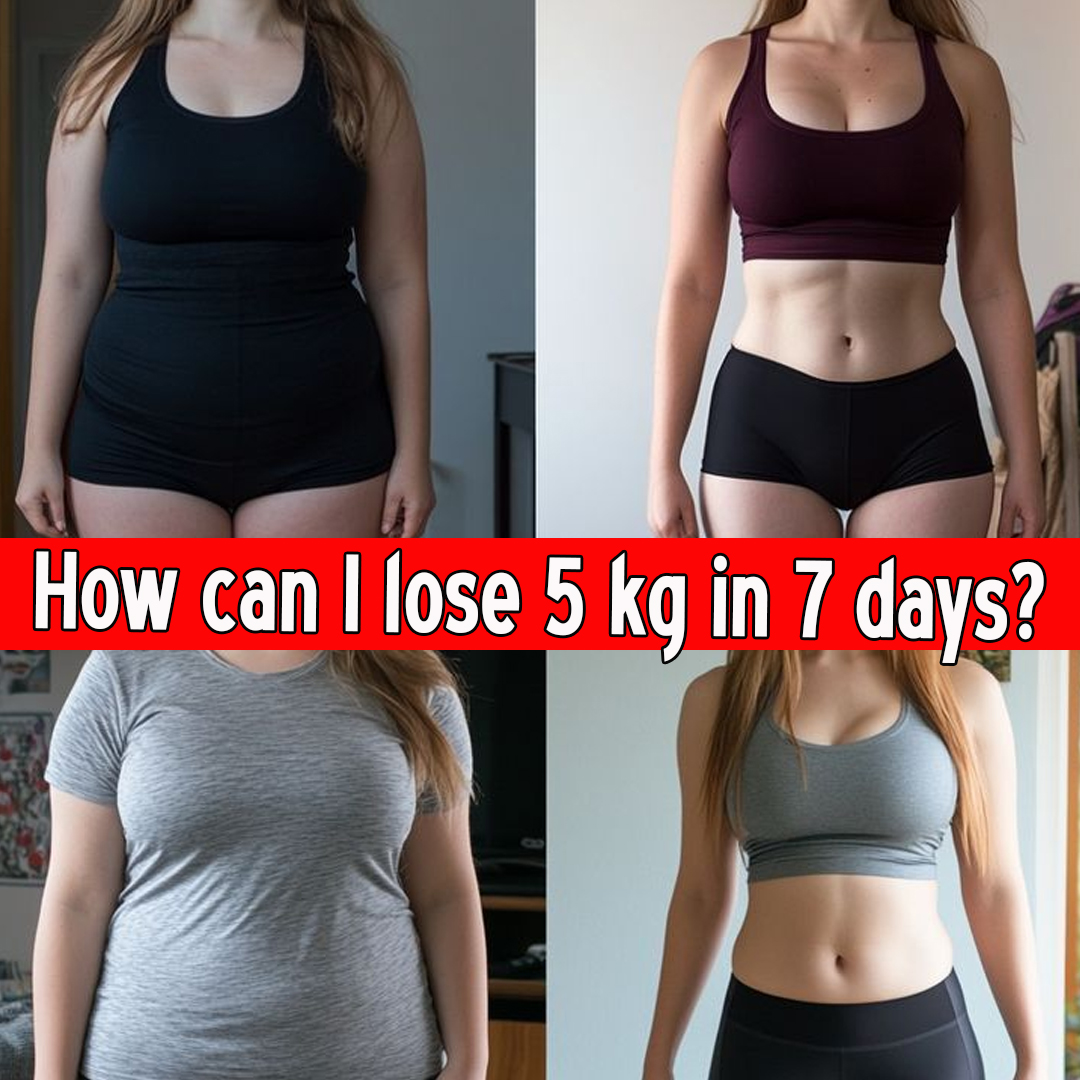
Leave a Reply